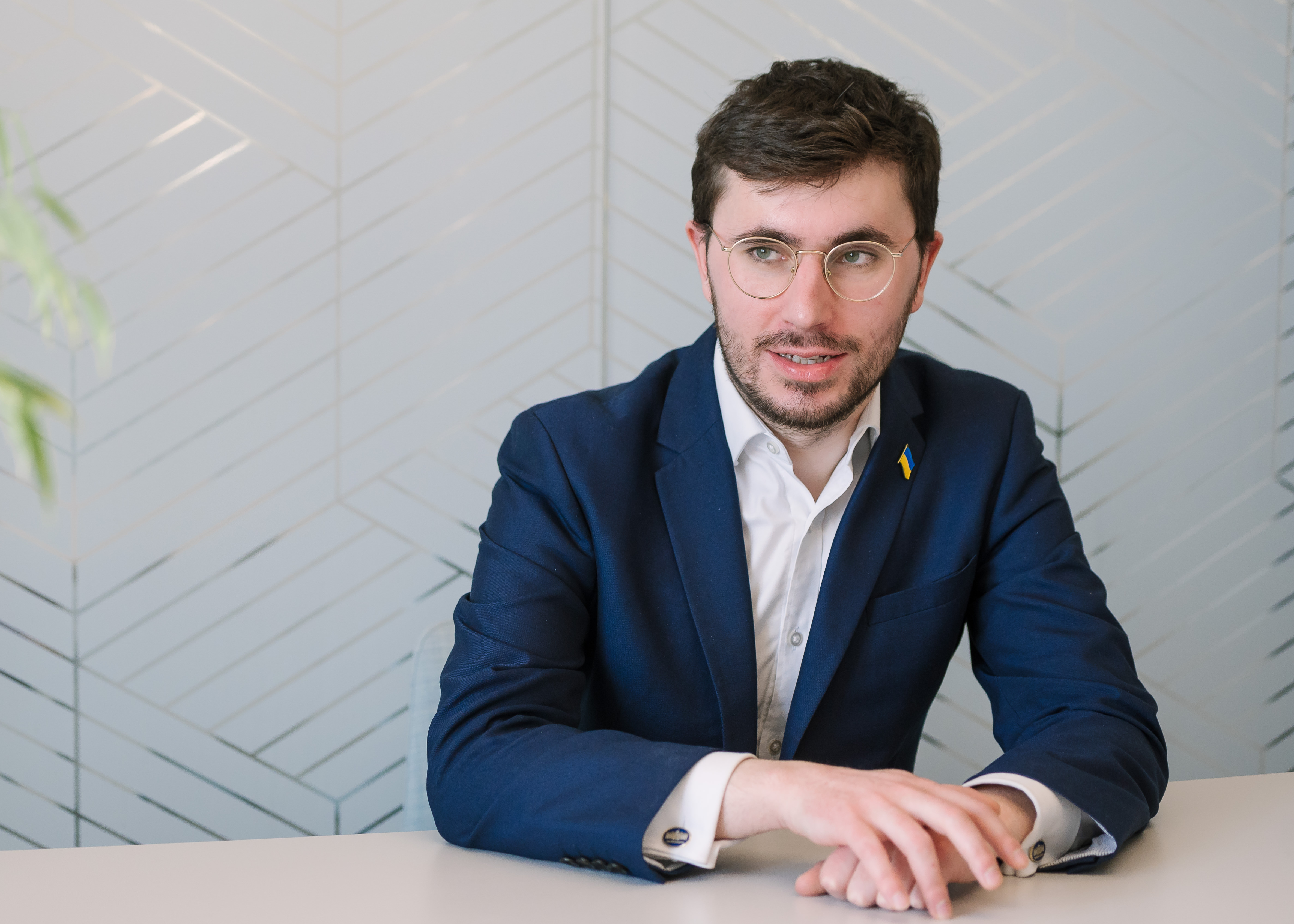 Pierre Andrews, MSc in Politics and Communication, 2019.
Pierre Andrews, MSc in Politics and Communication, 2019.
- Programme Studied: MSc in Politics and Communication
- Year of graduation: 2019
- LinkedIn profile
How was your experience of studying at LSE?
LSE really challenged me to think carefully about my future. I was able to study under some of the most respected academics in political science and media studies, and what I appreciated the most was the focus they placed on quality over quantity, taking time to advise you and pushing you to think in different ways than you had before – but also to focus and get to the point quickly! I pushed myself to take part in student society activities, and I’m still glad I did - they allowed me to see a different side to the campus and meet students in completely different parts of the university.
Tell us about your career journey after graduating.
I was able to start an internship in the House of Commons as I was writing my dissertation over Summer Term. That then turned into a full-time job after the course ended, and I was able to work for the Chair of the Digital, Culture, Media and Sport Select Committee, and of the Joint Committee on the Draft Online Safety Bill. It was an amazing opportunity to discover the functioning of the UK parliamentary system, whilst also working on fascinating policy issues, like countering disinformation, electoral integrity, and the future of journalism. I now work as a consultant for Flint Global, specialising in digital regulation, and am currently on secondment at internet company TalkTalk, as their Head of Public Affairs.
What’s the best piece of career advice you have received?
I can’t pick out a specific piece of advice above all others, although I’m very grateful to the many people – including at the excellent LSE Careers service – who have provided guidance as I’ve started my career. Advertising company M&C Saatchi’s motto, ‘brutal simplicity of thought,’ is a good one to work by – concision will always be valued.
What’s the greatest challenge you had to overcome?
The application process was, I recall, nail-biting! In seriousness, I’ve been very lucky with my studies and my career so far, and so can’t say I’ve been especially challenged. I lived in France for fourteen years before I came to LSE and knew that I wanted to work in UK politics. Building up institutional knowledge and a local network from scratch was in a sense challenging, but it was also exactly what I wanted to do. There are many inspirational stories of LSE students who have overcome real hardship to come study here, and it was an honour and a privilege to study by their side.
What is your greatest achievement?
Working in Parliament allowed me to do many things – visit a nuclear power centre, travel to Washington DC, help give evidence to the French Senate, provide a briefing in 10 Downing Street, meet some amazing industry leaders and human rights campaigners. I was also able to work on a (successful) election campaign, which was exhilarating. But the work I’m most proud of is that helping, in a tiny way, to push forward the Online Safety Bill, trying to change the regulatory paradigm and set evidence-based standards around the world.
f your time at LSE?
Graduating! My mother and grandmother attended the ceremony, just before the pandemic started. It was the last time I was able to see them both for a very long time, and so I cherish that day. Second closest comes the three evenings in Michaelmas Term that I took part in the Drama Society’s production of Agatha Christie’s ‘And Then There Were None,’ which my entire dorm floor attended. My character died in the first act, so I was able to enjoy the rest of the play three times in a row!